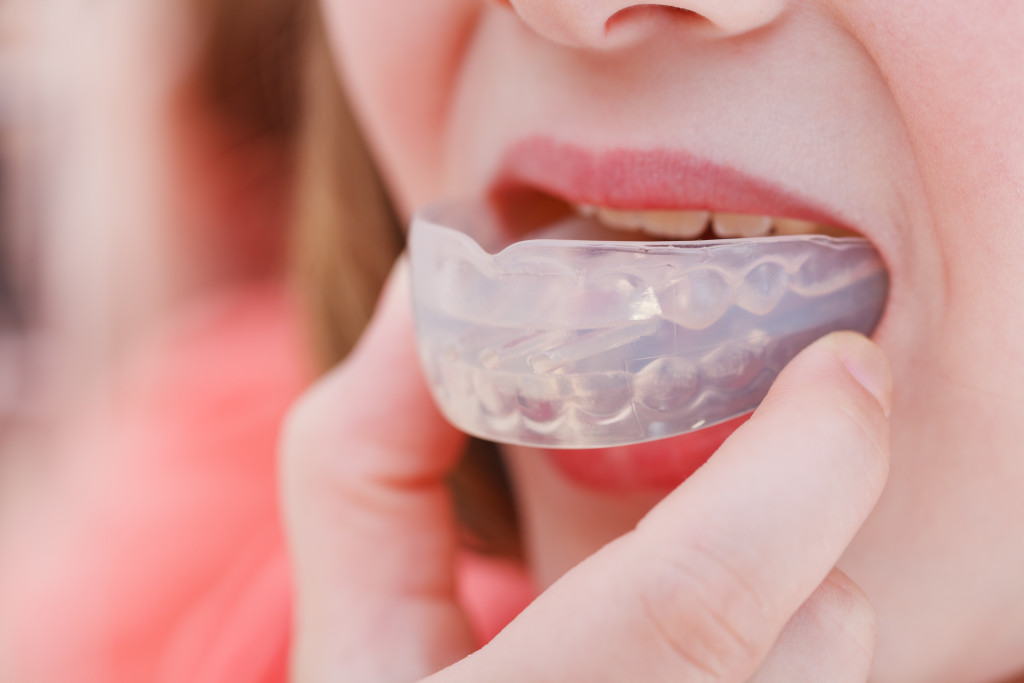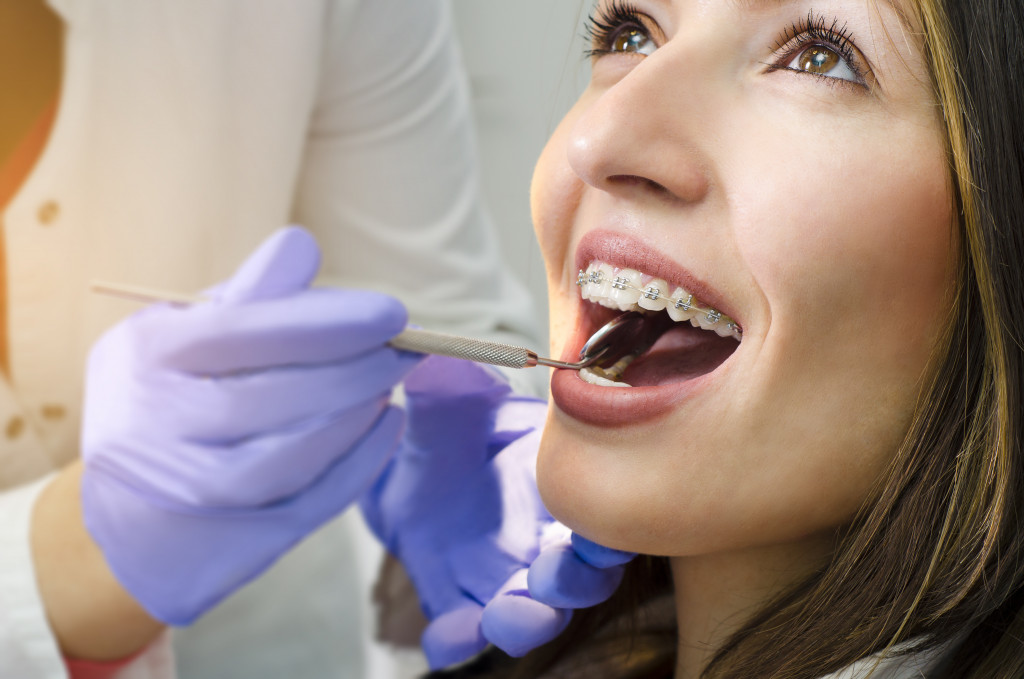Dental surgery is a necessary procedure that you should not take lightly. According to the American Dental Association, more than 131 million Americans have at least one cavity, and more than 15 million have untreated tooth decay. Cavities are the most common chronic disease in children aged 6-11. Untreated tooth decay can lead to pain, infection, and tooth loss.
Dental surgery is often necessary to correct these problems. In many cases, it is the only way to save a tooth that is decaying or got damaged. Dental surgery can also improve oral health by correcting bite problems or removing teeth causing crowding.
If you are considering dental surgery, be sure to talk to your dentist about the risks and benefits of the procedure. Make sure you understand what your dentist is recommending and ask any questions you may have. However, it also means you have to prioritize recovery. Here are some steps you should take following dental surgery.
Bed Rest
Bed rest is essential following dental surgery. It allows the body to heal and reduces the risk of infection. Failing to rest may cause pain, swelling, and bleeding. It can also delay healing and increase the risk of infection. Moreover, exerting physical effort can also cause pain and increase disease risk. Follow your dentist’s instructions for bed rest following dental surgery.
Bed rest could mean taking a leave from work, extending the number of days you have to take unpaid. It will also include avoiding physical activity, such as going to the gym, running, or playing sports. You may need to rest for a day or two following surgery, depending on the complexity of the procedure.
Pain Management
Dental surgery is often painful. You can manage the pain with over-the-counter pain medication or prescription medication. Be sure to follow your dentist’s instructions for taking pain medication. Do not take more medicine than recommended, as this could lead to side effects, such as drowsiness and stomach upset.
If you are taking prescription pain medication, fill it out before surgery to have it on hand when needed. It would help if you had someone else available to drive you home from the dental office following your surgery.
Applying ice to the face can also help reduce pain and swelling following dental surgery. Place an ice pack on the cheek near the surgical site for 20 minutes. Repeat this process every two hours for the first day or two following surgery.
Be sure to wrap the ice pack in a towel to prevent it from coming into direct contact with your skin and causing tissue damage. Do not apply ice for more than 20 minutes, as this could lead to frostbite.
Wearing Dental Devices

You will likely be given a surgical mouthguard or splint following dental surgery. This will help protect your teeth and gums from further injury. It will also hold the tissues in place to promote healing.
You must wear the mouthguard or splint for at least 24 hours following surgery. A soft occlusal splint guard can be part of your gear for up to four weeks. Following your dentist’s instructions for wearing the device is essential.
You must clean the mouthguard or splint regularly with antibacterial soap and water. Be sure to rinse it thoroughly before putting it back in your mouth. You should also avoid eating or drinking while wearing the device.
You will need to take special care of your teeth following dental surgery. Be sure to brush and floss regularly, being careful not to irritate the surgical site. Use a soft-bristled toothbrush and gentle circular motions when brushing.
Avoid using mouthwash for the first 24 hours following surgery. After that, you can resume using it as usual. You should also avoid tobacco products, as they can delay healing and increase the risk of infection.
Follow your dentist’s instructions for caring for your teeth following surgery. These instructions will likely include avoiding hard or crunchy foods, such as chips or candy, as they could damage your teeth.
If you have stitches, your dentist will give you specific instructions for caring for them. In most cases, the stitches will dissolve on their own. Avoid hard or crunchy foods, as they could damage the stitches. You should also avoid using straws, which could loosen your stitches. If your dentist has placed dissolvable stitches, they will likely fall out on their own within a week or two.
If you have non-dissolvable stitches, your dentist will remove them in a follow-up visit. It can happen within seven to 10 days following surgery.
Take Dental Health Seriously
Dental surgery is a serious matter. Be sure to take care of your teeth and gums following surgery to promote healing and avoid complications. These tips will help you recover quickly and prevent infection.

